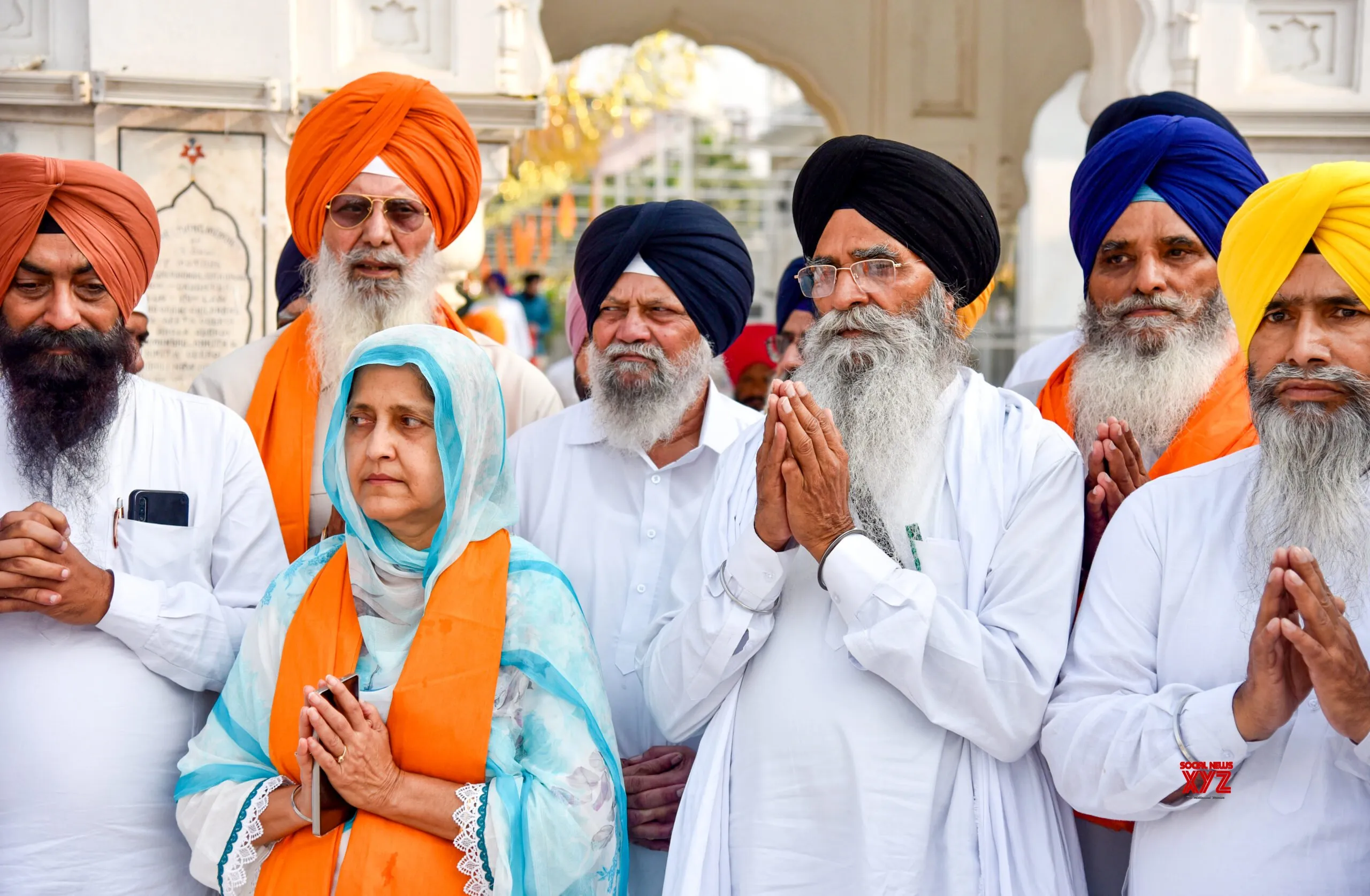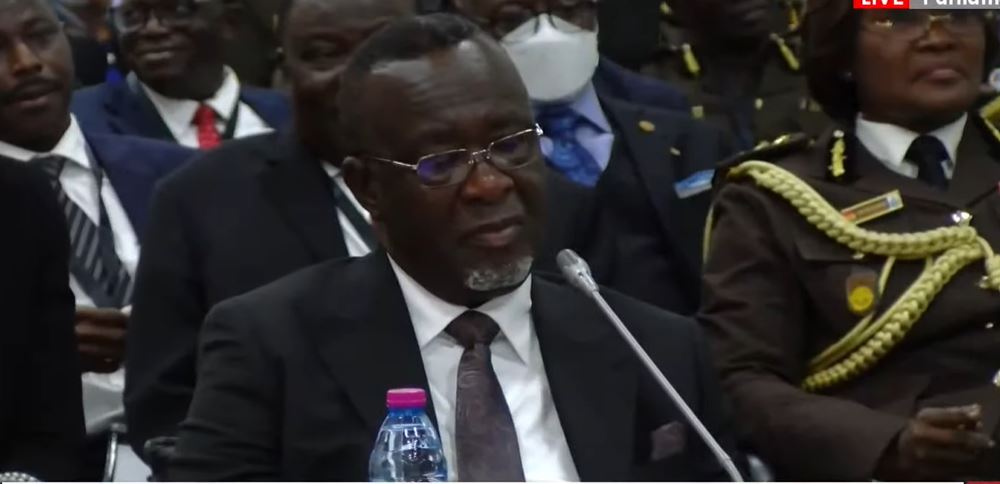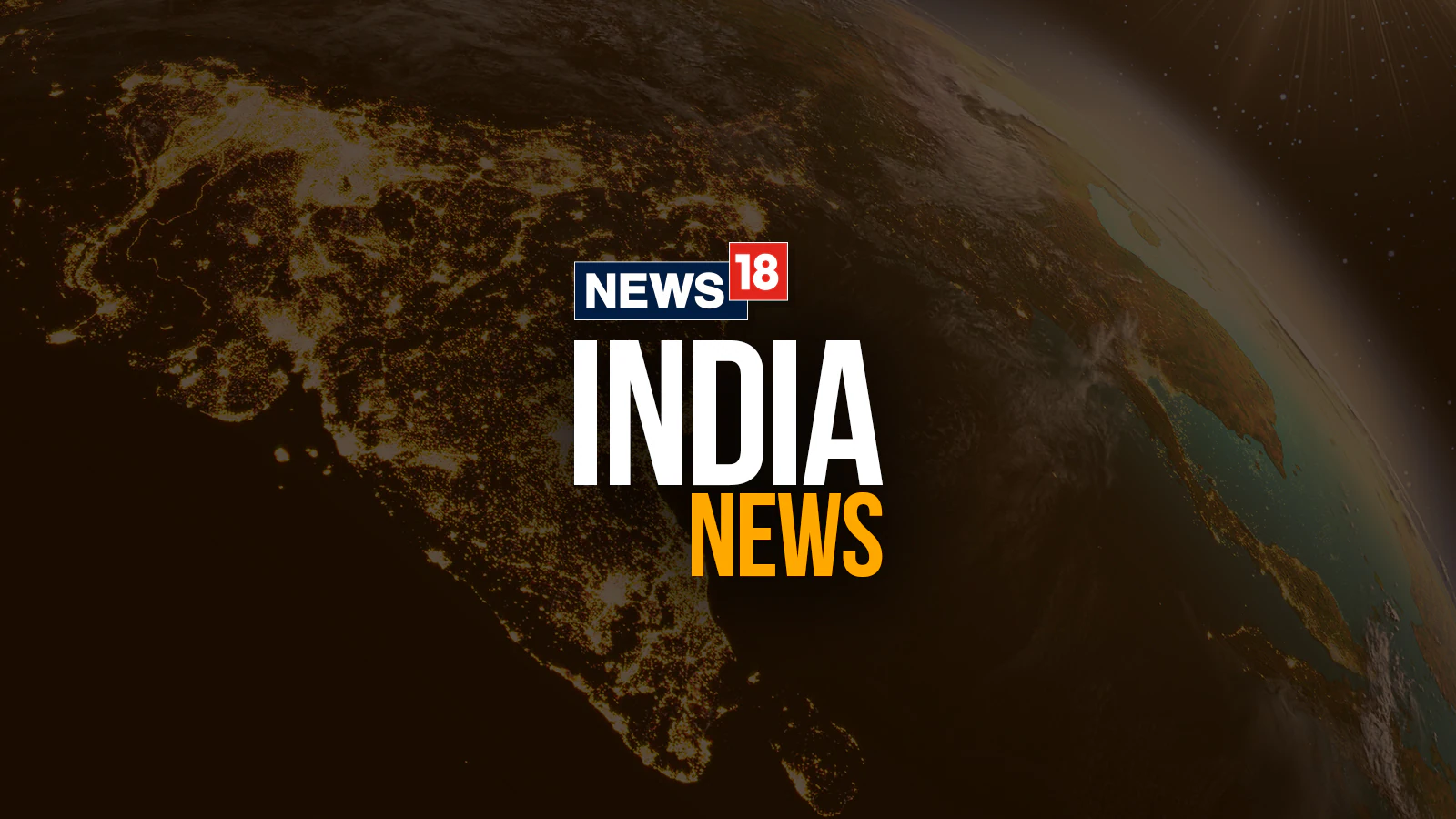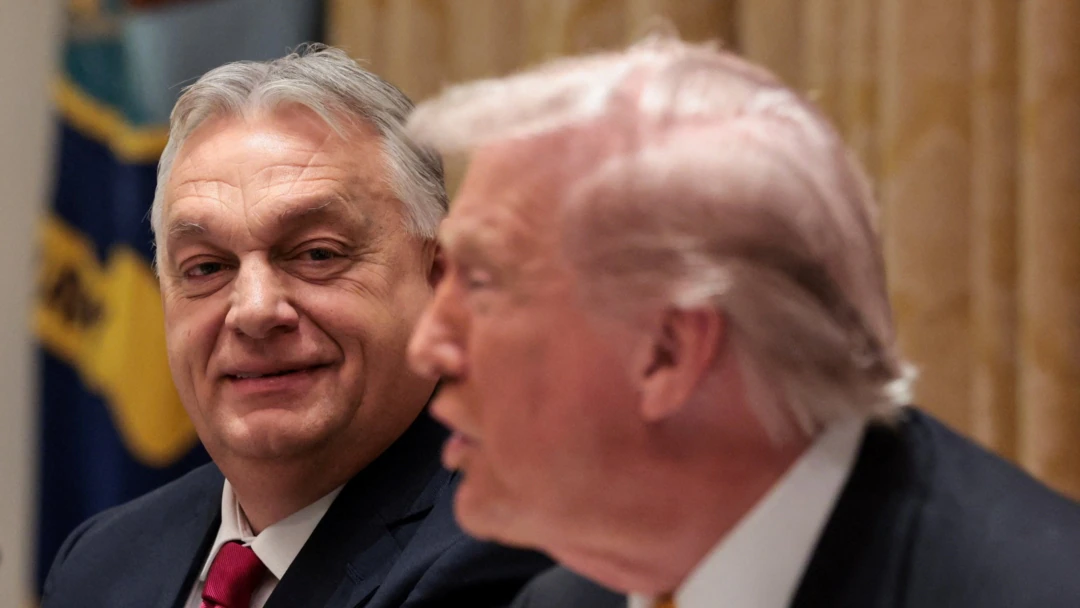Copyright NBC News
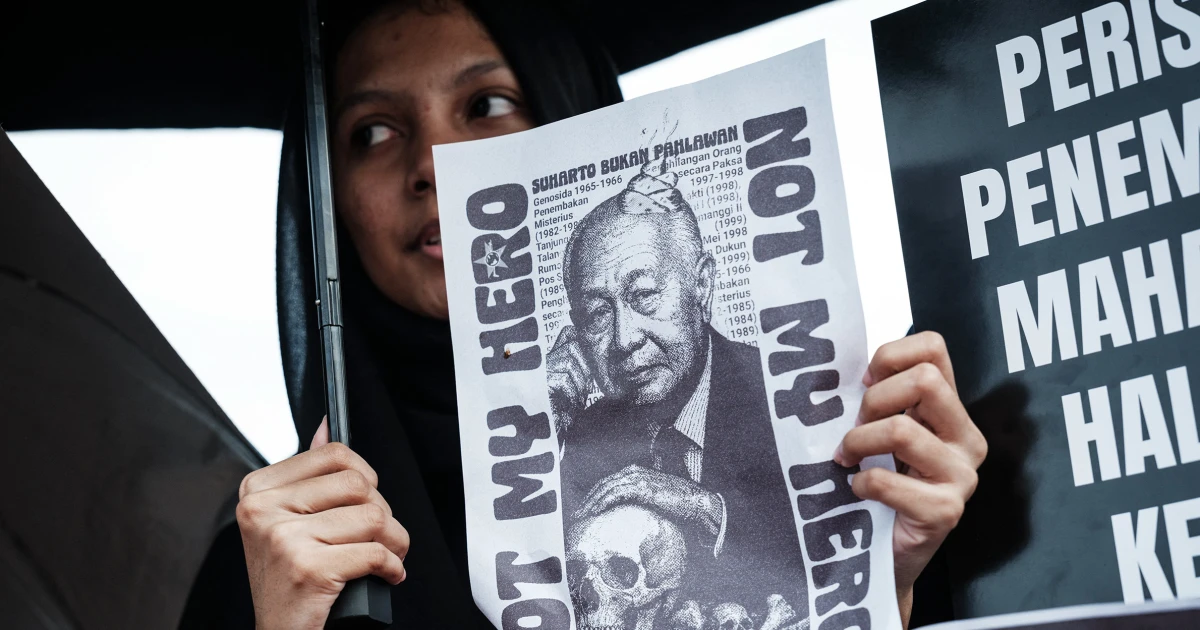
Indonesia has a new national hero: its former dictator, the late President Suharto. The official award Monday drew outrage from rights activists who accuse the country’s current leader, President Prabowo Subianto, of whitewashing his former father-in-law’s legacy. Suharto, a staunch anti-communist who was a close U.S. ally during the Cold War, ruled for 32 years before he was ousted by deadly mass protests in 1998 amid the Asian financial crisis. His rule was marked by rapid economic growth and political stability as well as accusations of human rights violations, corruption and nepotism. Suharto was among 10 people who received the national hero title at the presidential palace in Jakarta. The annual award is given to those who have contributed significantly to the development of Indonesia, a Southeast Asian archipelago and former Dutch colony that declared independence in 1945. “A prominent figure from Central Java province, a hero of the struggle for independence, General Suharto stood out since the independence era,” an announcer said as Prabowo gave the award to Suharto’s daughter and son. Suharto, a military officer, became president in 1967 after seizing power from Indonesia’s first president and independence leader, Sukarno, who was viewed as pro-communist by Western governments. Minister of Culture Fadli Zon said Suharto had played a key role in Indonesian independence and also led the military operation that helped regain what is now West Papua from the Dutch in the 1960s. Suharto was a key military officer during a 1965 military-led purge of communists said to be planning a coup. Indonesia has never investigated the purge, during which historians say about 500,000 people were killed in one of the 20th century’s worst massacres, and Suharto was never proved to be involved. He also oversaw Indonesia’s 1975 invasion of East Timor and the 24-year occupation that followed, which is estimated to have killed 100,000 people or more. East Timor, a former Portuguese colony, gained independence from Indonesia in 2002. Suharto and his family were also accused of stealing as much as $45 billion in state funds, though it was never proven. Though authorities tried to bring corruption charges starting in 2000, Suharto did not appear in court and the charges were later dropped because of his poor health. He died in 2008 in his late 80s. He is also credited with driving the rapid economic development of Indonesia, a country of 280 million people that is the world’s most populous Muslim-majority nation. “In the ’70s and ’80s, 50 million people were lifted out of the most severe poverty,” David Henley, a professor of contemporary Indonesian studies at Leiden University in the Netherlands, told NBC News. “That is Suharto’s greatest claim to hero status.” Despite the atrocities that marked Suharto’s regime, he was “never completely disgraced,” Henley said. “There has for some time been a tendency in official circles to rehabilitate Suharto” and to see his regime “in a progressively more positive light,” he said. Others have resisted that trend. Every Thursday there is a silent protest outside the presidential palace in Jakarta over Suharto's alleged abuses, including by people still searching for loved ones. Protesters also gathered in Jakarta last week to oppose giving Suharto the national hero title. Prabowo, who was formerly married to Suharto’s daughter Siti Hediati Hariyadi, also has a military background. He has denied accusations of human rights violations in East Timor, where he led a special forces unit in the 1980s, and in Papua. He was also commander of a special forces unit that was accused of abducting and torturing democracy activists in the 1990s, though Prabowo was never charged. He was later banned from traveling to the U.S. until 2020, when he became defense minister. He became president last year. Even after Suharto’s death, his family’s legacy remains deeply entrenched in Indonesian politics. His political party, Golkar, is still a formidable force and backed Prabowo’s presidential bid last year.
